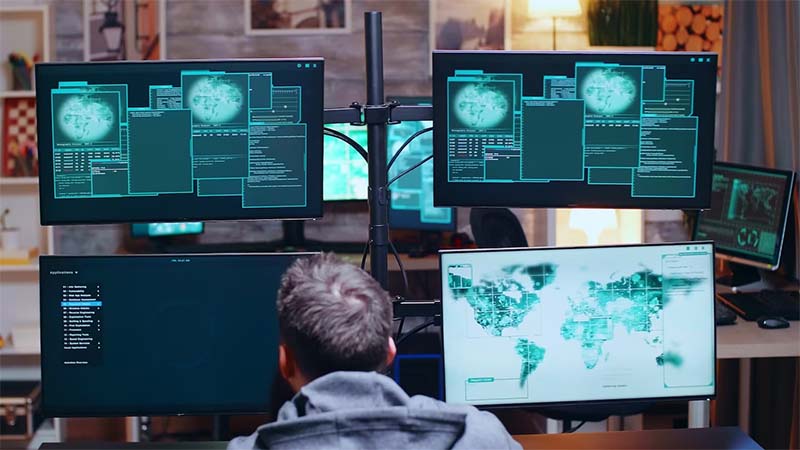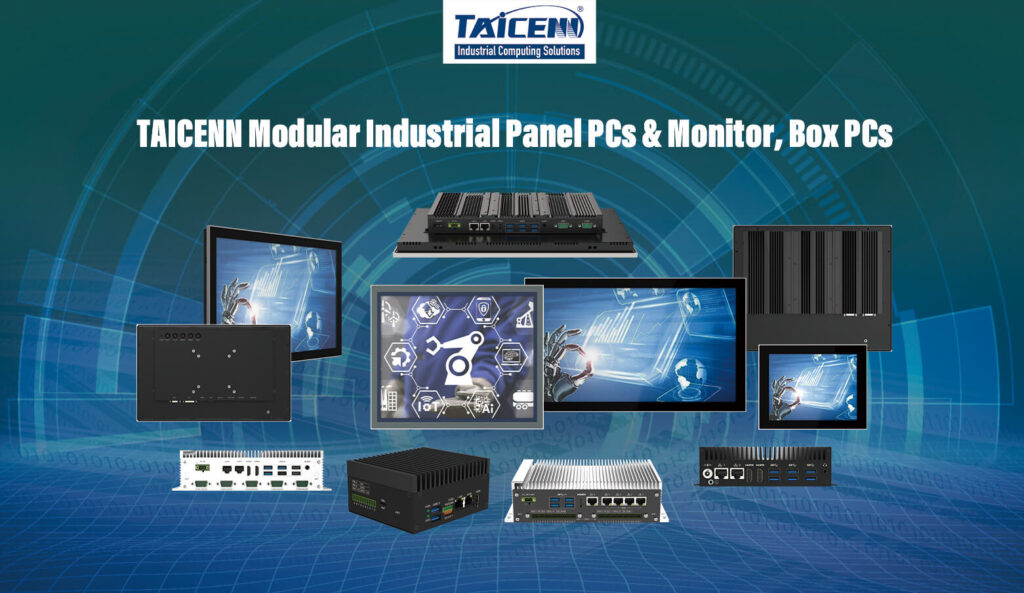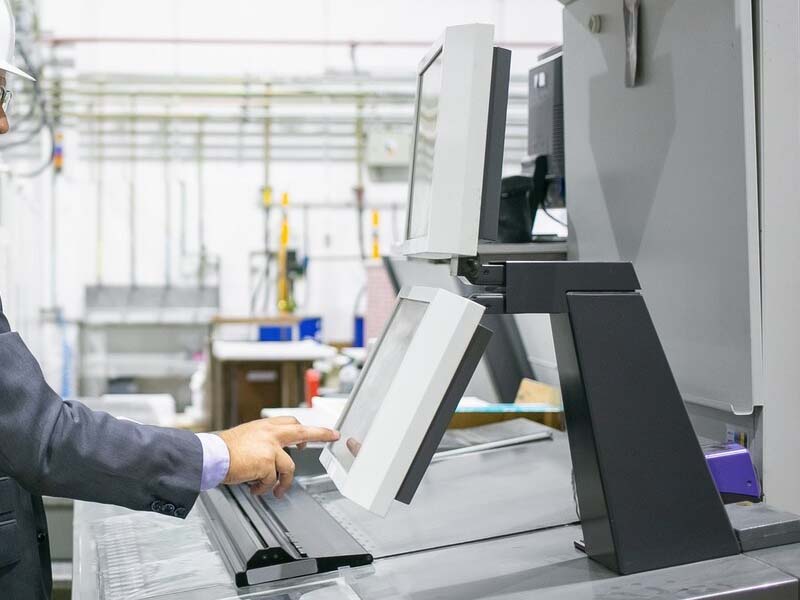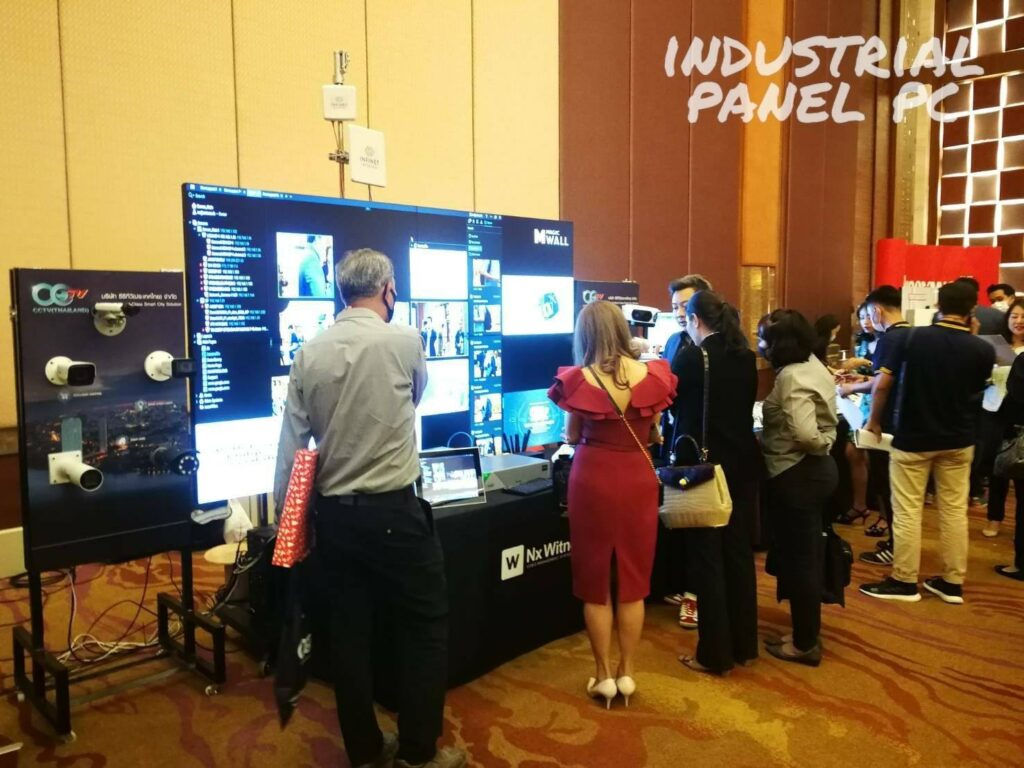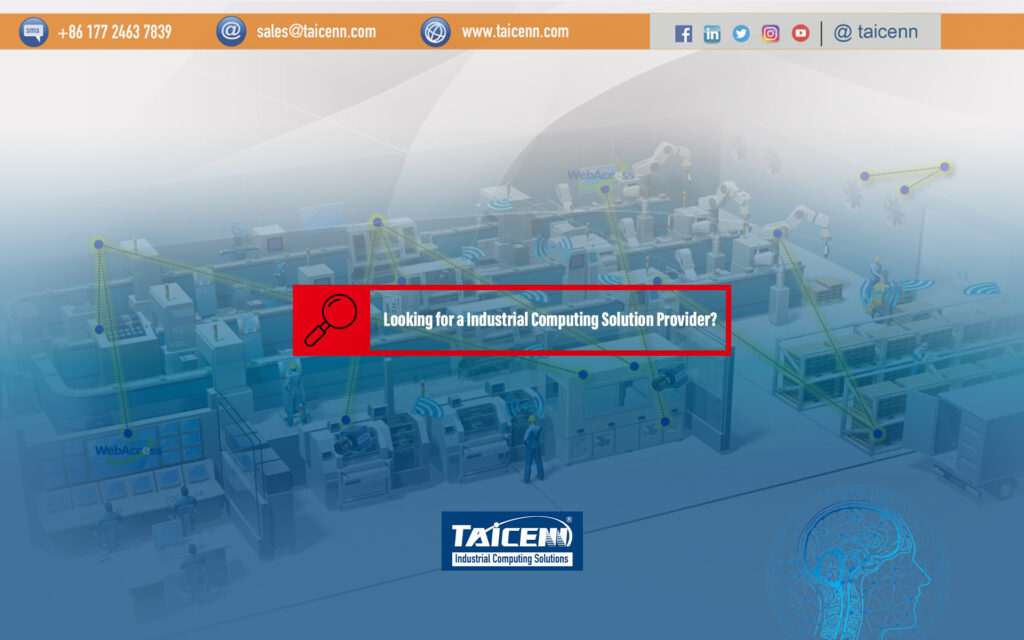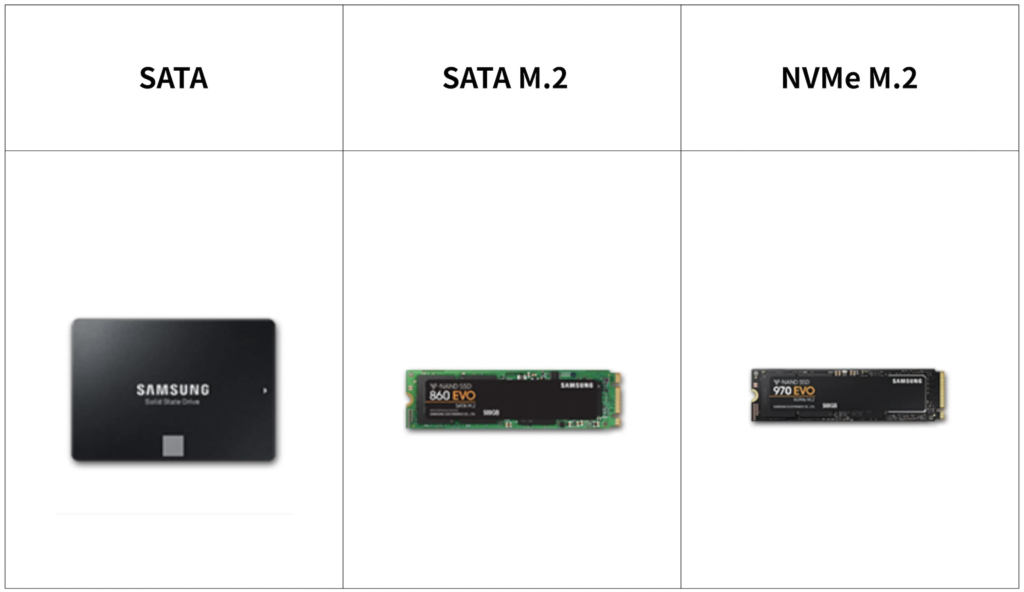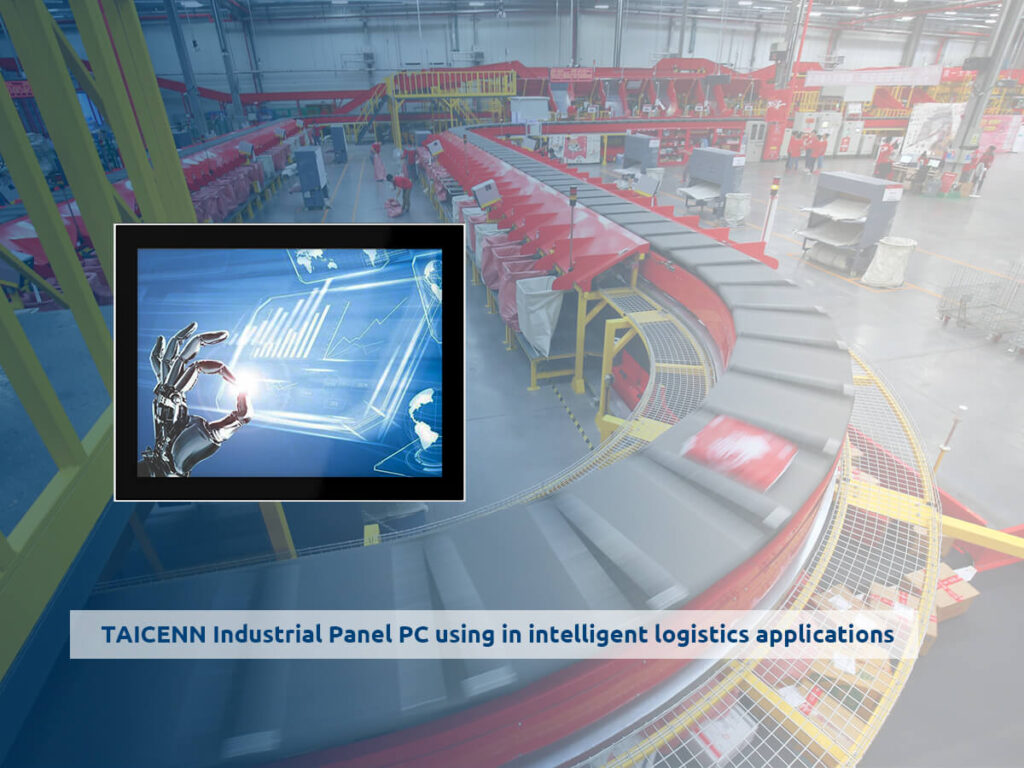Welcome to the world of customized industrial computing, where innovation meets efficiency and revolutionizes how industries operate. In an era driven by technology, it’s no surprise that businesses are turning to tailored solutions to streamline their operations and stay ahead of the competition.
Gone are the days when factories relied solely on manual labour and traditional machinery. With advancements in computing power and connectivity, new possibilities have emerged for industries across the board. From manufacturing giants to logistics providers, customized industrial computing is becoming a game-changer in optimizing workflows and driving productivity.
In this blog post, we will delve into the evolution of industrial computing, explore its impact on various sectors, and peek into what lies ahead for this transformative technology. So fasten your seatbelts as we embark on a journey through smart factories, efficient workflows, and everything in between!
The evolution of industrial computing in manufacturing and other industries
Industrial computing has evolved significantly over the past few decades, transforming manufacturing and other industries remarkably. Gone are the days of manual processes and limited technology capabilities. Today, customized industrial computing solutions have revolutionized workflows and improved overall efficiency.
In the early stages of industrial computing, simple automation systems were introduced to streamline repetitive tasks on factory floors. These initial advancements paved the way for more sophisticated technologies, such as programmable logic controllers (PLCs) and supervisory control and data acquisition (SCADA) systems. With these innovations, manufacturers could monitor and control their operations in real-time, increasing productivity and reducing errors.
As technology continued to advance, so did industrial computing. The introduction of embedded systems brought about even greater flexibility and scalability. Miniaturized computers with powerful processors became integral components in various applications across healthcare, transportation, energy, logistics, and more industries.
Furthermore, advancements in connectivity enabled seamless communication between machines through Internet of Things (IoT) devices. This connectivity allowed for centralized monitoring and data analysis, empowering decision-makers with actionable insights to optimize processes further.
Today’s custom industrial computers are designed specifically for industry-specific needs – ruggedized for harsh environments or built with enhanced security features for sensitive applications like banking or defence sectors.
The evolution of industrial computing is far from over; it continues at an ever-increasing pace as emerging technologies like artificial intelligence (AI), machine learning (ML), and edge computing become integrated into workflows across industries. These developments hold immense potential for predictive maintenance models that can identify equipment failures before they occur or enable robots powered by AI algorithms to perform complex tasks autonomously.
The future of industrial computing and its impact on industry
As we look towards the future, it’s clear that customized industrial computing will continue to play a pivotal role in transforming industries. Technological advancements and the increasing demand for efficiency and productivity drive companies to embrace innovative solutions.
One of the key areas where industrial computing is making a significant impact is in smart factories. These highly automated facilities leverage customized computer systems to streamline operations, optimize workflows, and reduce downtime. With real-time data analytics and AI-powered algorithms, manufacturers can make more informed decisions, improve quality control, and enhance overall productivity.
But it’s not just manufacturing that benefits from customized industrial computing. Industries such as logistics, healthcare, agriculture, energy, and transportation also adopt these cutting-edge technologies to drive efficiency gains and unlock new opportunities.
The future of industrial computing holds great promise. We can expect even more powerful hardware capabilities with smaller footprints and increased energy efficiency. Customized software solutions will become increasingly sophisticated, leveraging big data analytics, machine learning algorithms, and IoT connectivity to enable seamless integration across various processes.
Furthermore, as cybersecurity concerns grow parallel with technological advancements, there will be an increased focus on developing robust security measures for industrial computing systems. Protecting sensitive data from cyber threats will be imperative as businesses rely more heavily on interconnected networks.
Customized industrial computing
It has revolutionized manufacturing processes by enabling greater automation, saving time, reducing costs, and improving overall productivity.
The impact of this technology goes beyond manufacturing; it touches many other sectors, including logistics, healthcare, and transportation. As we move forward, the potential for further innovation is vast.
With continuous improvements in hardware capabilities, machine learning, and cybersecurity measures, the possibilities are endless.
Customized Industrial Computing is set to transform industries like never before, enabling organizations worldwide to thrive amidst evolving market demands.
